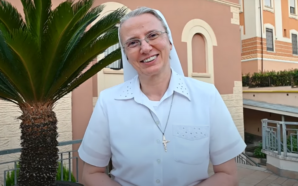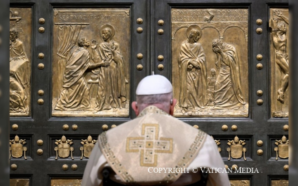Pope Francis’ pontificate has brought about a renewed focus on pastoral theology, bringing the insights of the post-conciliar church in Latin America to the center of the universal church. It has placed concern for the environment at the heart of the church’s social teachings, and reoriented the work of the Roman Curia, as embodied in the apostolic constitution Praedicate Evangelium. It has emphasized the church as the bearer of God’s tenderness, rather than as a bastion of doctrinal clarity. And, perhaps most importantly, it has revived synodality as a means of church governance.
All of these have one thing in common: They are made necessary not only by the collapse of modern, post-modern, and post-post-modern cultural critiques or by the spiritual rot of clericalism, as exposed by the clergy sex abuse crisis. A functional rationale for these new approaches — one that was on full display at the consistory on Aug. 27 — is the globalization of the Catholic Church.
Francis acknowledged this globalization in his address to the new cardinals. “Dear brothers and sisters, let us once more contemplate Jesus,” the pope said. “He alone knows the secret of this lowly grandeur, this unassuming power, this universal vision ever attentive to the particulars.” Globalization should never become homogenization.
Globalization is also not the same thing as multiculturalism. The vision is universal, built around a shared relationship with the Lord and a common inheritance of apostolic tradition. The objective is a shared communion, evident in the easy way the new cardinals mingled amongst themselves and with the other cardinals who had come for the ceremony.
To continue reading this article, click here.
Michael Sean Winters covers the nexus of religion and politics for NCR.
With thanks to the National Catholic Reporter (NCR) and Michael Sean Winters, where this article originally appeared.








